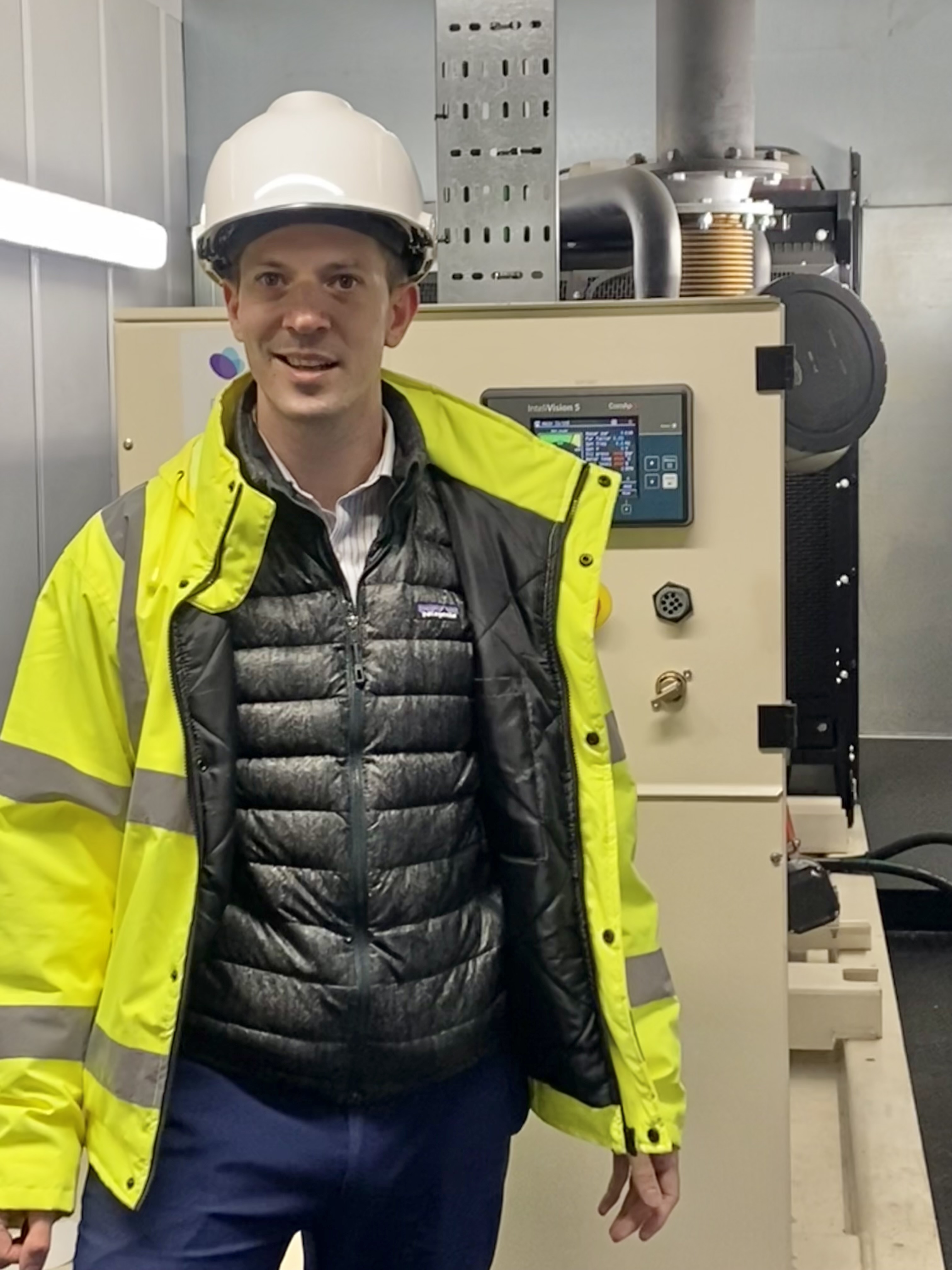NHS Grampian to use waste oil and fats for back-up generators
Published: 26/11/2024 08:53The back-up generators for all new buildings on NHS Grampian’s Foresterhill Health Campus in Aberdeen are to be powered with hydrotreated vegetable oil (HVO), in the health board’s latest step towards reducing carbon emissions. The switch will reduce CO2 emissions by around 80% compared with the use of diesel.
Head of Sustainability Compliance and Risk at NHS Grampian, Robert Hobkirk explains: “This is a positive intermediate step towards decarbonising our local NHS. Hydrogen for heating power isn’t currently an option at scale for us in Aberdeen and the expansion of local heat networks remains an aim for the future. This means the use of HVO is an effective alternative in the short to medium term. It’s mainly made up of waste cooking oil and fats – left over by local catering businesses. As long as the HVO meets a certain specification, its environmental impact is much, much smaller in comparison with gas or diesel.”
The fuel needed to power back-up generators for hospital buildings is significant. Aberdeen Maternity Hospital alone currently uses 486 litres of fuel per hour, and with tests required for the back-up system every month for hours at a time, fuel usage soon mounts up. Filling the tanks for the back-up generators in the much-anticipated Baird Family Hospital will use 68,000 litres, 12,000 litres for The Anchor Centre and 14,500 litres for the new Mortuary building. But what’s the cheapest option for a health board also facing huge financial challenges?
Robert adds: “Although diesel is cheaper to buy, polishing it – a process needed to keep it clean and viable – can cost 30 to 40 pence per litre. There’s no need to polish HVO at the same frequency so we hope this provides a good test case for expanding its use in the future.
“At the end of the day, investing in the health of our planet is also an investment in public health. We know planet health and public health go hand-in-hand because we’re seeing the knock-on impact all the time as a health board, as air quality in particular reduces.”
The HVO fuel (produced from waste vegetable oil and fats) will be sourced from a Huntly depot, with terminals in Aberdeen and Inverness expected to be put in place in the near future. All health boards across Scotland have a target to make sure all building emissions reach net zero by 2038.
Find out more about NHS Grampian’s commitment to decarbonisation and its Climate Emergency and Sustainability Strategy at: www.nhsgrampian.org/sustainability

